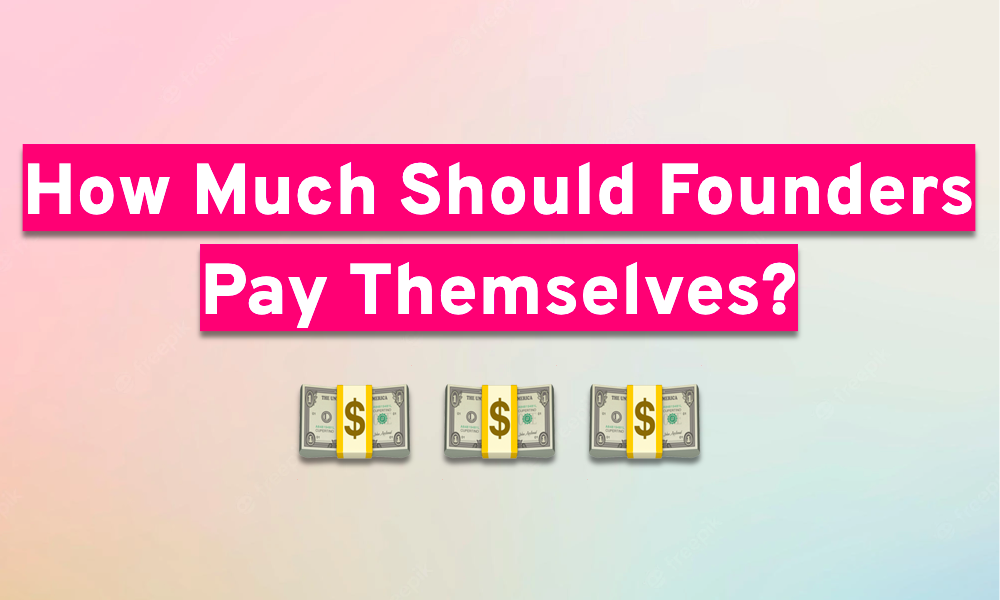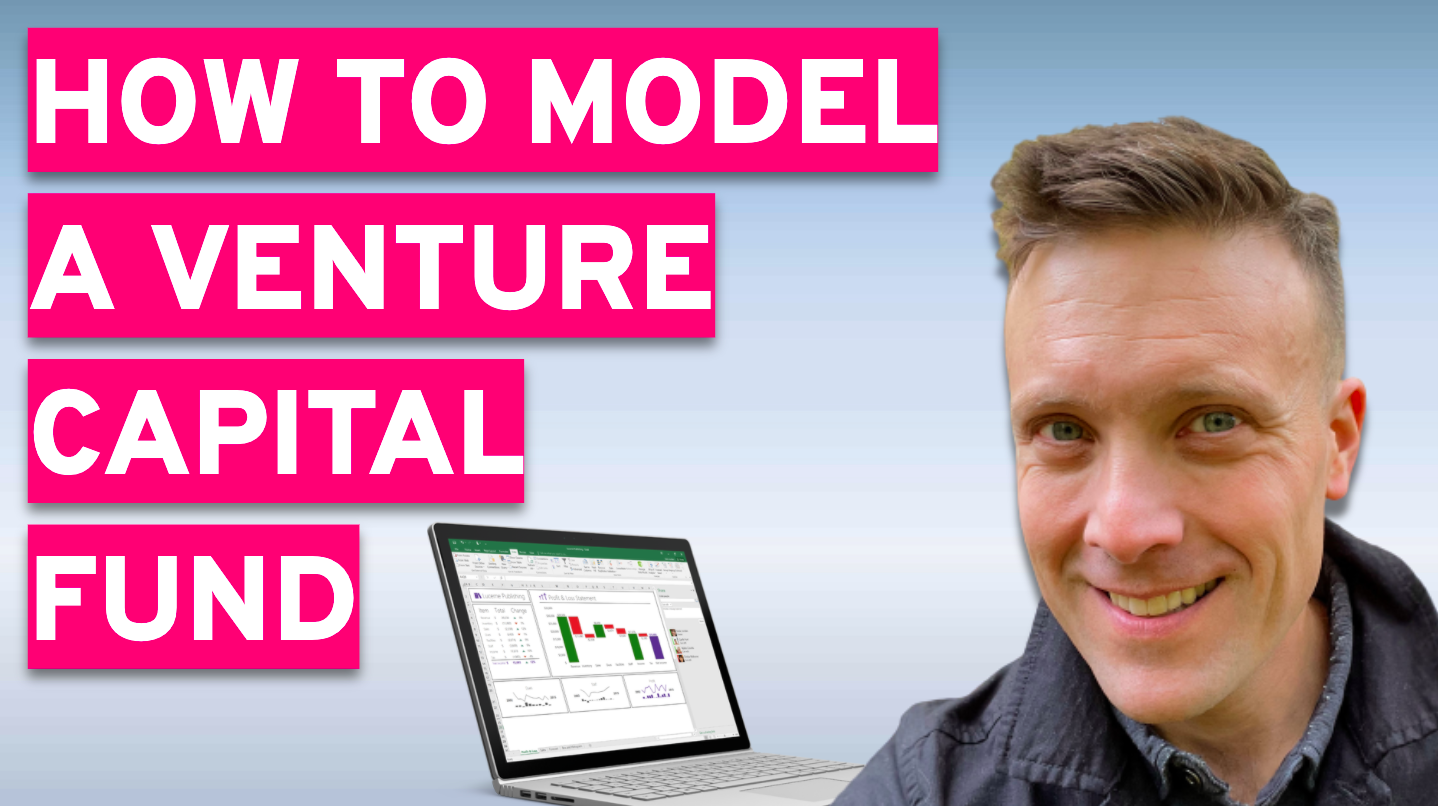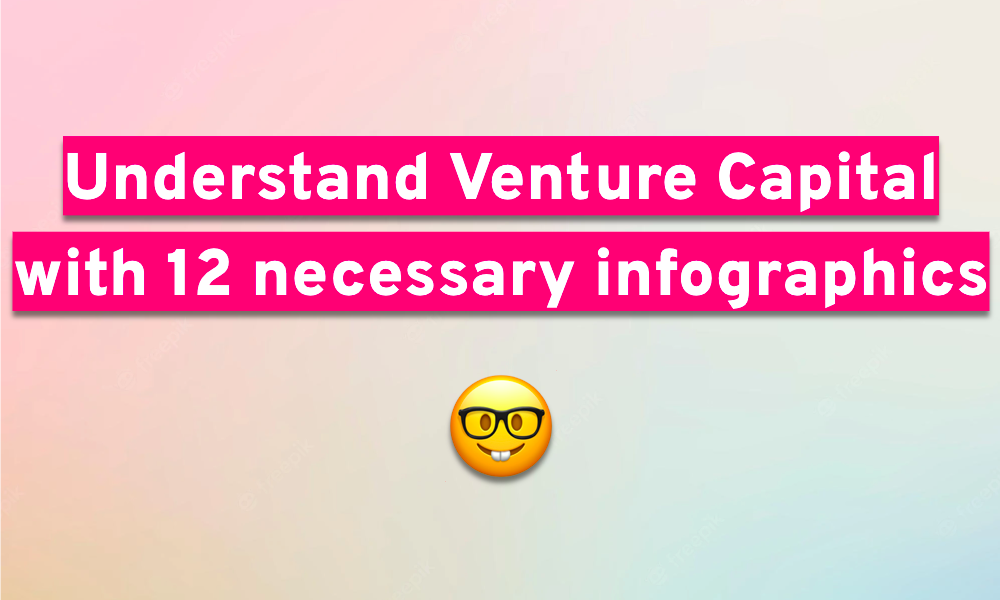Founder compensation is a tricky topic.
How much are you supposed to pay yourself? What will your investors think? And are you even allowed to compensate yourself when your team is subsisting on cold pizza and borrowing the Wi-Fi from the nearest office called “I hate my neighbors?”
In this article, we provide a breakdown of how a founder should reasonably compensate themselves based on a variety of factors.
Let’s begin.
Table of Contents
Should startup founders pay themselves at all?
Understanding founder compensation
First things first, founders are owners and not employees.
When you work for someone else, whether it be a small business or a large corporation, your salary is based around the market value. A market value salary is defined as “the amount of money that an employee should be paid for their position, based on the current market conditions.” This amount is determined by looking at similar positions within the same industry and geographical location.
This doesn’t apply when you are the founder of your own company. You are essentially working for yourself. Unless you are generating revenues from the first day of business or you raised a seed round at the very start, you won’t be able to pay yourself anything. If you are fortunate to have a friends and family round, that funding should go directly into the business, not your personal bank account.
Suddenly being a founder doesn’t seem so cool. If there is no money, then how are you getting compensated?
Simple.
Your compensation is the equity you own and the dream of the big payout on the horizon (whether through an IPO or acquisition). You're not supposed to get rich on your annual salary, but on your equity once you exit.
Until then, you are using every available source of funding to fuel company growth.
Founder compensation VS Company resources
Salaries are the biggest cash burn for a startup.
This is precisely why founders should not and cannot compensate themselves at the early stages. The more salaries the founders take, the less available resources for growth.
And founders will need these resources.
Funds need to be available for marketing, growth, and of course, hiring and compensating talent to help the company reach the next funding round.
Because the days of equity only positions for top tier talent are over, if you want to bring the best people on board, you will need to compensate them rather than yourself.
Not with equity. Not with commissions.
But with salary.
So where does that leave founders and their personal compensation?
Not all founders are created equally
You most likely need to have money to pay yourself in the first months (or even years) of operations. Simply put, you will need to have money in order to make money. You may also forget the advantage that privilege plays in the role of being a successful founder.
Why is this the case?
Because upbringing, education, environment, and resources play a major role in launching a startup.
- Did you attend a top school and gain a first class education that provides an edge over those who didn’t? (Having Peter Thiel as your Stanford professor is far more valuable than simply reading Zero to One).
- Are you able to quit your job and work solely on your startup? (It is difficult to be a CEO while working nine to five and then bartending as a side hustle at night).
- Do you have personal connections with other successful people? (Being friends with someone who is intelligent and successful is far more important than following them on Instagram).
- Are you able to use your own personal network for warm introductions to investors?
- Do you have the ability to pay your basic living expenses to focus on your startup?
- Are you able to secure a job if your startup fails?
A U.K. study showed that the most common shared trait across founders is access to money via personal connections, pedigree, inheritance, or family. A 2014 U.S. survey via Entrepreneur.com illustrated that 80% of startups were self-funded.
Andrew Yang wrote in detail about this in his article on the uncomfortable relationship between entrepreneurship and privilege.
“If you look at some of our most prominent entrepreneurs, they reflect this reality. Donald Trump inherited millions. Mark Zuckerberg famously dropped out of Harvard (he and I went to the same boarding school). Jeff Bezos went to Princeton and worked on Wall Street before founding Amazon. The truth is that it’s a lot easier to start a company if you have a few things going for you.”
This goes against the idea that "anyone can start a startup". By far and large, startups remain a costly game for those who can afford it. And if you can afford it, you should be able to weather the storm of no salary.
Therefore, it is normal and expected that founders don't pay themselves at the beginning. However, this shouldn't be a long-term thing. It's bad for you. And in some sense, it's also bad for the company because it's cheating. You're keeping the company on life support by not taking a salary.
Founder salary: $50k at pre-seed, $100k at seed, $150k at Series A
Ramen profitability
When thinking of founder pay, the first thing that comes to mind for seasoned founders is a ramen noodle salary. Essentially, this means that the company can grow because the founders are putting all of their resources into the venture. They pay themselves no salaries or at least the bare minimum, which in this case is enough to cover the costs of ramen noodles.
Paul Graham goes further and calls this ramen profitability.
“Ramen profitability is the other extreme: a startup that becomes profitable after 2 months, even though its revenues are only $3000 a month, because the only employees are a couple 25 year old founders who can live on practically nothing. Revenues of $3000 a month do not mean the company has succeeded. But it does share something with the one that's profitable in the traditional way: they don't need to raise money to survive.”
There are advantages to companies that are ramen profitable.
- Better terms when fundraising.
- Disciplined enough to keep expenses low.
- Good for morale.
- Ability to focus on their product and services rather than fundraising.
Low salary or no salary is also symbolically important. It shows that the founders are committed to their startup and are risking it all. Rather than taking a salary, they are using the funds to keep growing and hitting milestones.
Entrepreneur and venture capitalist Peter Thiel once said that the best predictor of a startup’s success is low CEO pay.
“The lower the CEO salary, the more likely it is to succeed.”
He continued:
“The CEO’s salary sets a cap for everyone else. If it is set at a high level, you end up burning a whole lot more money. It aligns his interest with the equity holders. But [beyond that], it goes to whether the mission of the company is to build something new or just collect paychecks. In practice we have found that if you only ask one question, ask that.”
Now, you need to take this advice with a bit of distance. Old-fashioned angels may still have the idea that the founders should starve themselves and that their funding should be used to grow the company only. Modern angels understand that a starved founder cannot focus on the business if he cannot make rent. As a pre-seed founder, you shouldn't hesitate to have a healthy conversation around salary with your angel investors.
But what happens if you do need a salary? We can’t live on ramen forever and it’s an expensive world out there. Typically, once a seed round is raised, founders are then able to compensate themselves.
Show me the money!
Let’s say you hit your milestones, have great metrics, ate enough noodles to put the ramen capital of Fukuoka to shame, and ultimately raised a seed round. Now you can afford to pay yourself a salary.
But how much? This depends.
A recent article from the New York Times states:
“According to an analysis from Carta, a company that collects and analyzes data on start-ups’ financials, the median salary for a chief executive at a start-up with a valuation between $1 million and $10 million is around $162,000.” (A spokeswoman for Carta noted that start-ups’ chief executives are often, but not always, founders.)
The same article also mentions a 2021 survey from Pilot, an accounting firm that focuses on start-ups. This survey demonstrated that founders of companies who had raised $1 million to $5 million paid themselves an average of $96,700.
Kruze Consulting created this more recent chart from May of 2022 which illustrates the relationship of startup CEO salary to the amount of funding raised.
It should be noted that the founder salary can also be determined by investors and members of the board. After all, investors want their money to be used for growing and scaling the business, not paying for the founder’s weekend trip to Vegas. Although some may state that the founder should be compensated enough to cover their expenses while focusing their energies on the company.
This doesn’t mean that founders can go crazy with their own compensation as that would set off alarms. Seedcamp, a European seed-stage VC, collected data of the salaries of 185 founders from pre-seed to Series A companies.
Reshma Sohoni, cofounder and partner of Seedcamp, says that the “safest” salaries she would expect to see as an investor would be in the following ranges:
- Under €100k at pre-seed.
- €100k or just over at seed.
- North of €150k at Series A.
Anything above that would be a “red flag” (a big thank you to Sifted for this).
Adjusting for location, family situation, and more
As you can see, founder compensation isn’t very simple. Founders need to keep other factors in mind. This includes:
- Company size
- Company stage
- Company location
- Company sector
- Funding and cash flow
- Company culture
- Founder background
- Family situation
For a quick overview, Christoph Janz came up with a handy calculator based on stage, family situation and location to help founders determine their own salary. A few examples are below.
- A Berlin-based founder with no kids that has raised a 2M seed should pay himself $50k per year
- A San Francisco-based founder with two kids that has raised a 5M Series A should pay himself $171k per year.
- A London-based founder with two kids that has raised a 15M Series B should pay himself $172,500 per year.
For a deep dive by industry, Kruze Consulting created the helpful chart below. Why are founders better paid in some industries than others? Our assumption is that the CEOs of biotech companies, for example, are the highest because they tend to be medical doctors with higher education and opportunity costs associated with running a startup in that sector. It should also be noted that these founders are probably older and have a family with children.
Now, if you want to go deep dive by founder's location, we highly recommend the 4 calculators created by Deel:
You will have to create an account to use them (ugh!) but they are 100% free to use and super insightful.
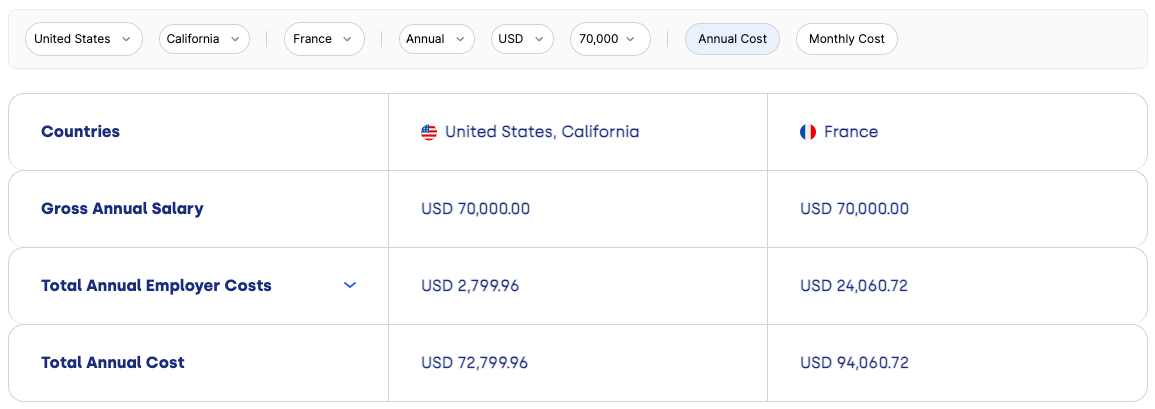
The final secret of founder compensation
As a founder, you're not supposed to get rich on your annual salary.
You will make bank if and when your company exits, based on how much equity you still have at that point. Based on the data collected by Blossom Street Ventures, the median payday at IPO sits at $268M.
Of course, if you're still CEO at this point, your annual compensation (base + bonus + stock options) will be humongous as well.
However, there's one last "dirty secret" about founder compensation that needs to be mentioned: secondaries.
If your startup is doing well, it's not uncommon for founders to sell a small slice of their equity before an exit. This is what we call "secondaries" and is increasingly common post-Series A.
This liquidity event is effectively a micro-exit for the exit. With it comes the risk that the founder loses their incentive to perform. Many voices blamed WeWork's Adam Neumann when he cashed out big time in 2019.
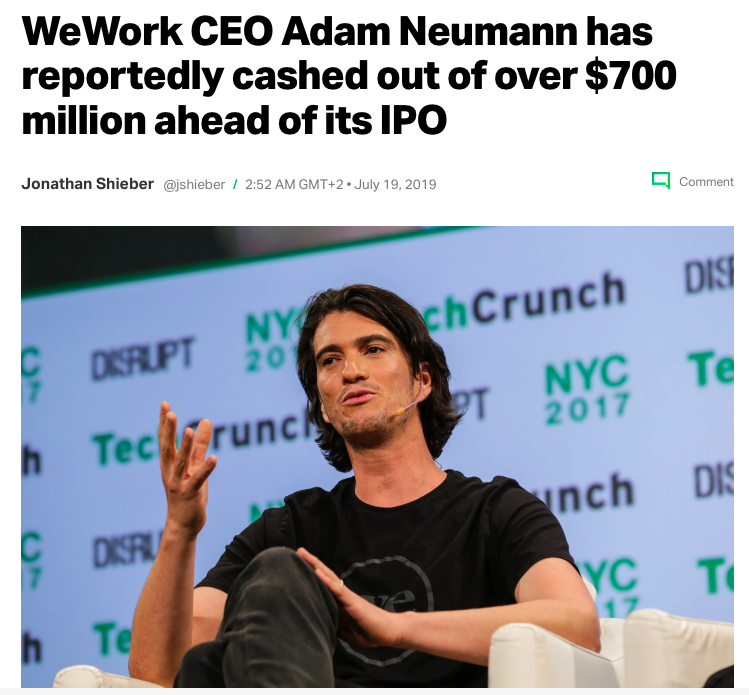
This remains an extreme case, however. In most situations, secondaries are a useful tool to alleviate financial stress from the founder, especially as IPOs now take 10+ years to happen.
In any case, there is no easy answer to the founder compensation question. It will depend on different circumstances and factors that are unique to you and your startup. Understand that being a founder is a job that requires you to always be on. It also requires you to have a certain amount of things going for you to be successful (and knowledge of how to play the game such as utilizing secondaries). You will be responsible for not only your company, but to your investors and employees. This is worthy of adequate compensation.
